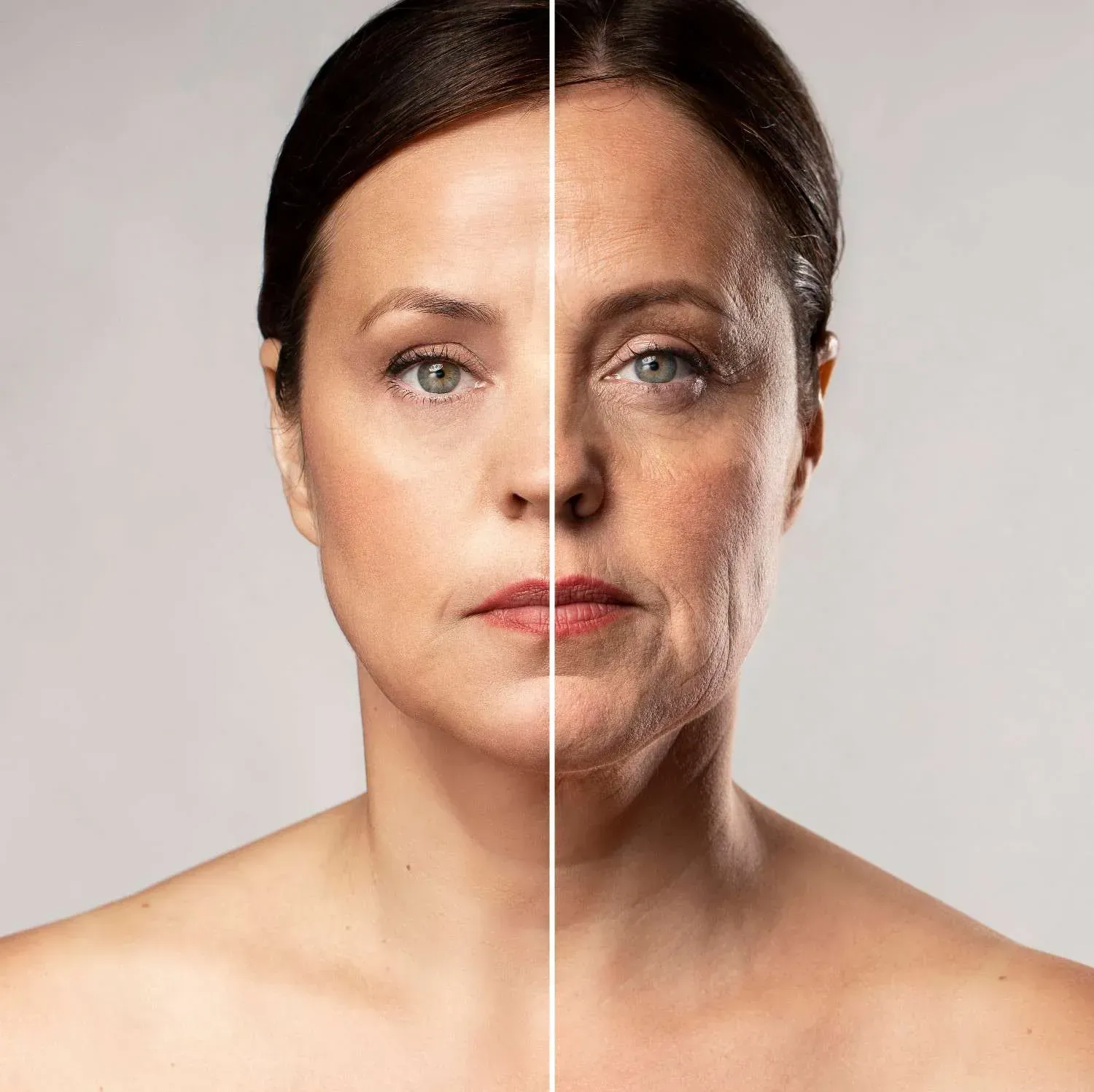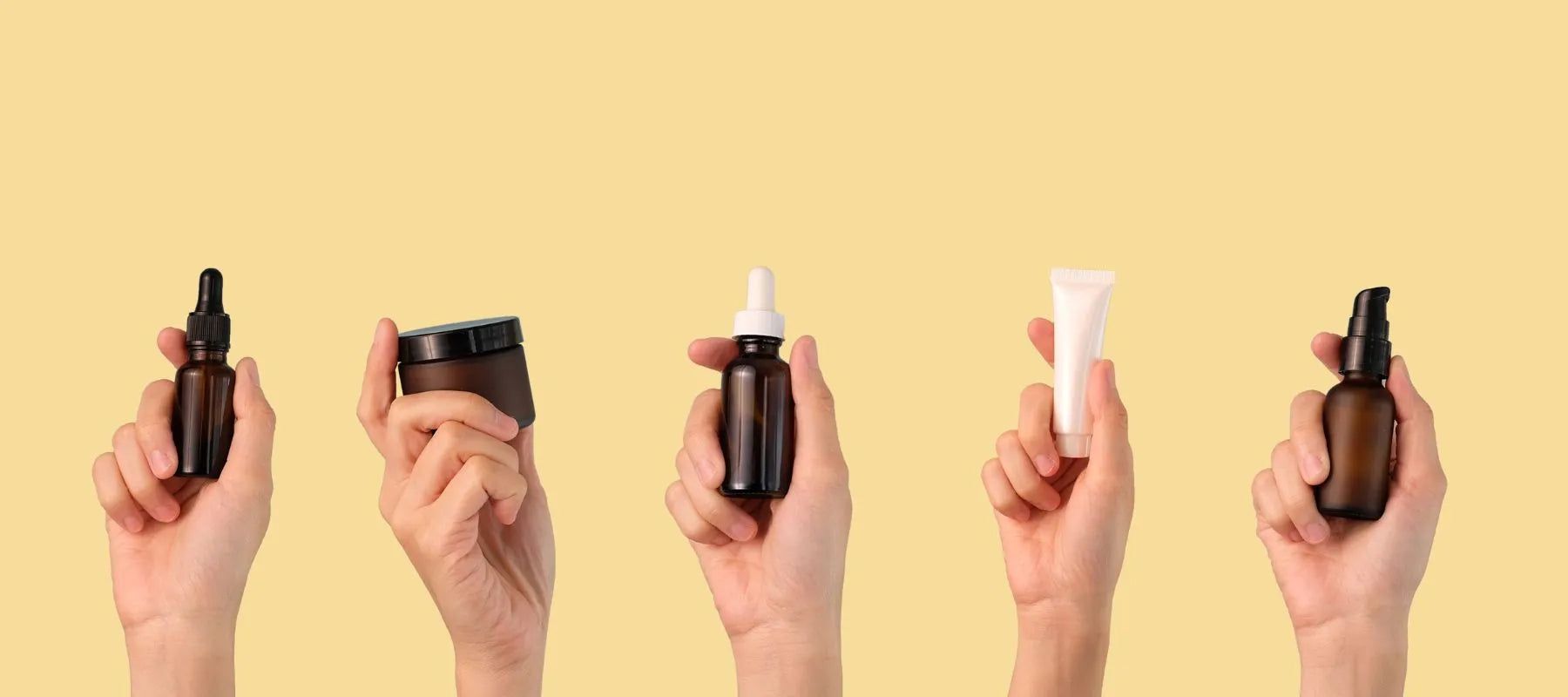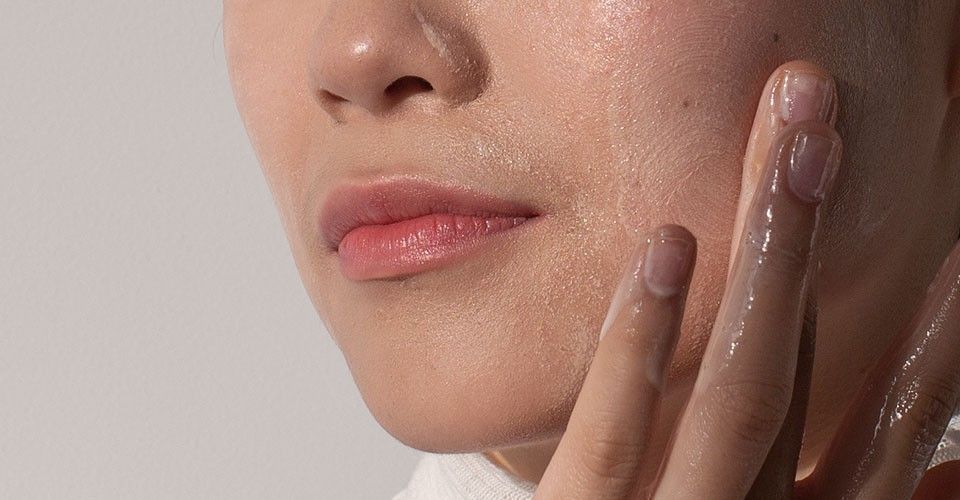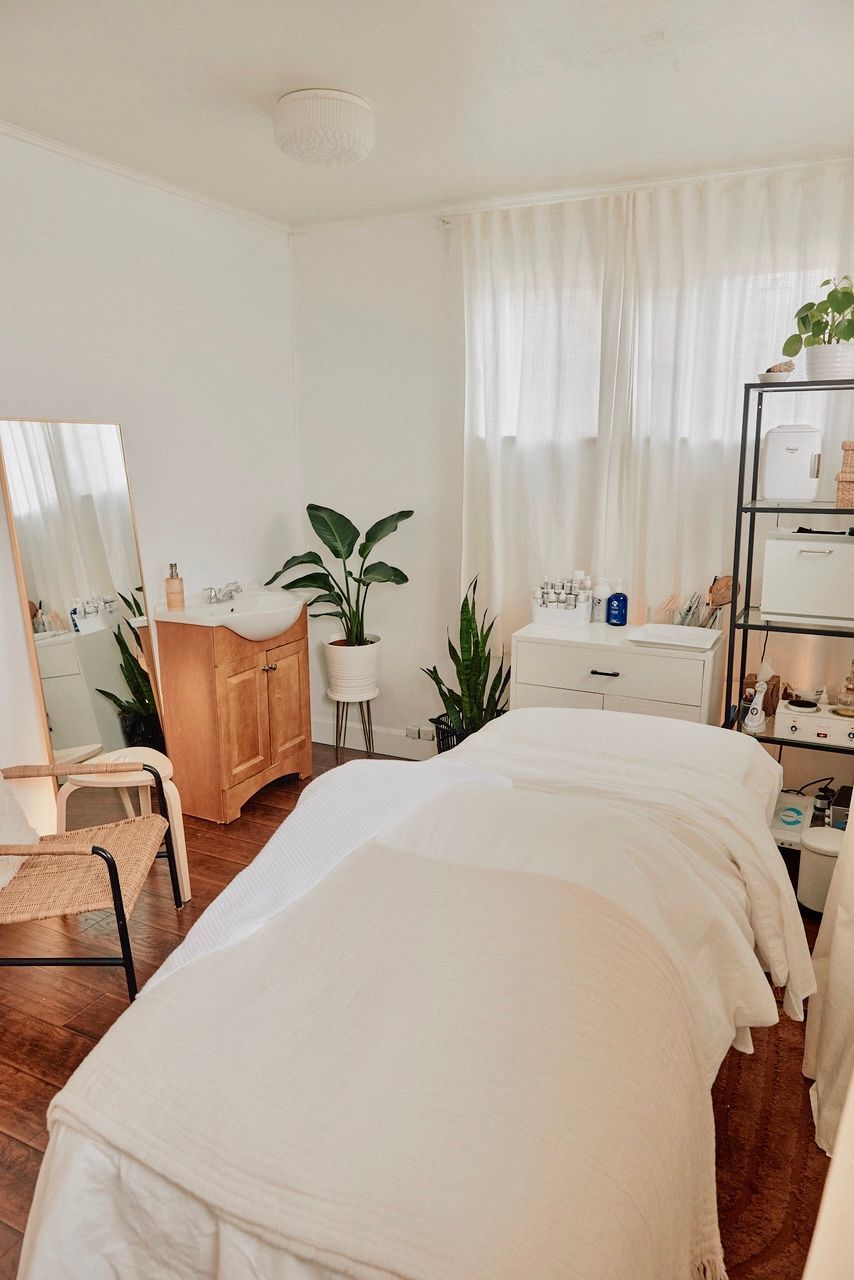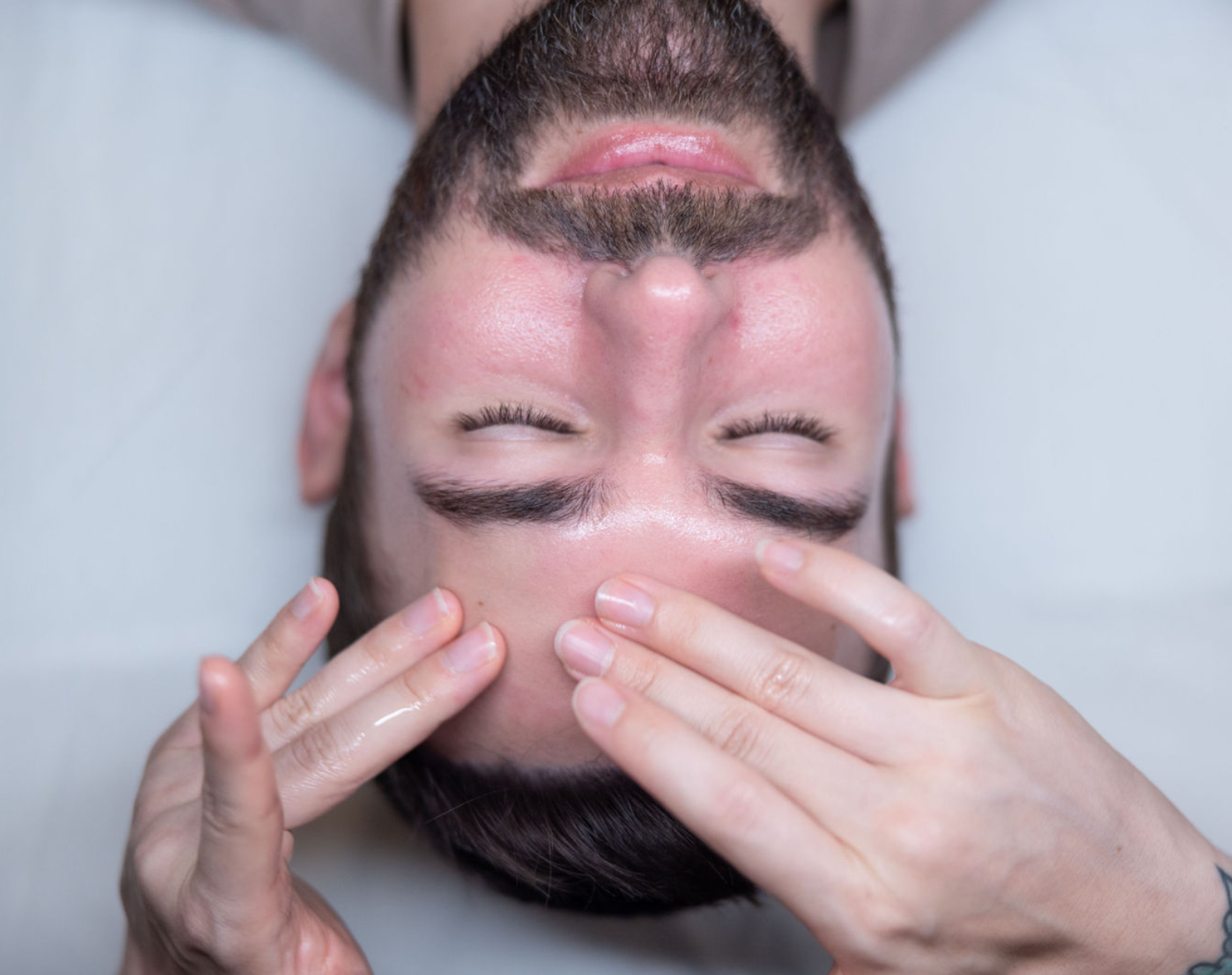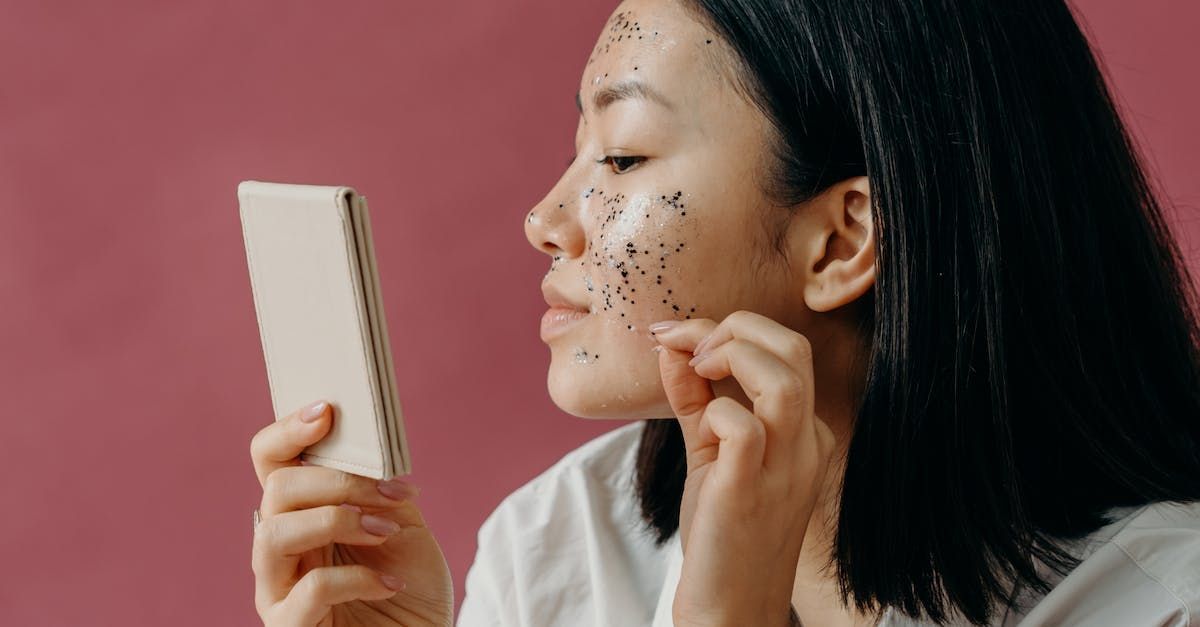Cellular Signaling Skincare: Why Your Skin Needs It
Cellular signaling is the key to healthy, young-looking skin. This amazing process helps your skin cells talk to each other and work together. When your skin cells can communicate well, they can repair damage, make collagen, and keep your skin glowing. Without good cell signaling, your skin ages faster and has more problems.
This article will explain how cellular signaling works in your skin. You'll learn about the special ingredients that help your cells communicate better. We'll also share simple ways to use these powerful skincare ingredients in your daily routine.
What Is Cellular Signaling in Skin
Cellular signaling is how your skin cells send messages to each other. Think of it like a phone system for your skin. Each cell needs to know what the other cells are doing so they can work as a team.
Your skin has many types of cells. There are cells that make new skin, cells that fight germs, and cells that make collagen. These cells must share information to keep your skin healthy and strong.
How Skin Cells Talk to Each Other
Skin cells use special molecules called signaling molecules to communicate. These tiny messengers carry important information between cells. They tell cells when to make new collagen, when to heal a cut, or when to protect against damage.
The main ways skin cells communicate include:
- Chemical signals that travel between cells
- Growth factors that tell cells to grow and repair
- Peptides that give cells specific instructions
- Hormones that control many skin functions
When these signals work well, your skin stays smooth, firm, and healthy. But when the signals get weak or confused, problems start to happen.
Why Cell Communication Matters for Your Skin
Good cell communication keeps your skin working like a well-oiled machine. When cells can talk to each other clearly, they coordinate important jobs like:
Making new collagen to keep skin firm and bouncy. Repairing damage from sun exposure or pollution. Fighting off bacteria and other harmful invaders. Keeping the right amount of moisture in your skin.
Cell communication becomes reduced and less effective with age, which is why older skin often looks dull and develops wrinkles more easily.
The Science Behind Cellular Signaling
Understanding how cellular signaling works helps you choose better skincare products. The process involves several important steps that happen inside and between your skin cells.
Signal Transduction Pathways
Cellular signaling can be mediated through two different signaling mechanisms: 1) through binding to a receptor at the outer surface of the cellular-membrane and a subsequent activation of a signal transduction cascade. 2) through binding to nuclear receptors and subsequent regulation of gene-transcription.
These pathways are like roads that carry messages through your skin. Different roads carry different types of messages. Some roads carry messages about making collagen. Others carry messages about fighting inflammation.
The Role of Growth Factors
Growth factors are proteins that regulate cellular growth, proliferation and differentiation under controlled conditions. They play an essential part in maintaining healthy skin structure and function.
Growth factors act like supervisors for your skin cells. They tell cells when to:
- Make new collagen and elastin
- Repair damaged tissue
- Create new blood vessels
- Form new skin cells
As we age, our body's natural production of growth factors slows down. This leads to visible signs of aging like uneven texture, fine lines and wrinkles, and loss of firmness and elasticity.
Peptides as Cell Messengers
Peptides are another group of compounds that owe their popularity in the anti-aging realm mostly to interference with intercellular communication. Peptides are short chains of amino acids that work like tiny keys. They unlock specific responses in your skin cells.
There are four main types of peptides used in skincare:
- Signal peptides - Tell cells to make more collagen
- Carrier peptides - Deliver minerals like copper to cells
- Neurotransmitter peptides - Help relax facial muscles
- Enzyme inhibitor peptides - Protect existing collagen
How Aging Affects Cellular Communication
As you get older, your skin's cellular signaling system starts to slow down. This happens for several reasons that are important to understand.
Changes in Cell Turnover
Cell turnover slows with age because the cells simply aren't regenerating as quickly as they did when we were young. The cell cycle elongates and rate cell turnover decreases resulting in dryness, wrinkling and loss of luminosity.
Young skin replaces itself about every 28 days. But as you age, this process can take 60 days or longer. Slower cell turnover means:
- Dead skin cells build up on the surface
- Your skin looks dull and rough
- Fine lines become more visible
- Your skin doesn't heal as quickly
Weakened Growth Factor Production
Your body makes fewer growth factors as you age. This means your skin cells don't get as many "repair" messages as they used to. Without enough growth factors, your skin can't:
- Make enough new collagen
- Repair sun damage effectively
- Keep skin firm and elastic
- Maintain proper moisture levels
Reduced Signal Strength
The signals between your skin cells also get weaker with age. It's like having a bad phone connection - the messages don't come through clearly. This leads to poor coordination between cells and slower healing.
Key Signaling Molecules in Skincare
Several important molecules help improve cellular signaling in your skin. Learning about these ingredients can help you choose better skincare products.
Growth Factors in Skincare Products
When applied regularly for at least 8 weeks, skin cell turnover and repair returns, resulting in skin that's smoother, firmer, and more evenly toned. Growth factors thus play a role in reducing wrinkles, fine lines and discoloration.
Growth factors used in skincare include:
- EGF (Epidermal Growth Factor) - Speeds up healing and repair
- FGF (Fibroblast Growth Factor) - Stimulates collagen production
- IGF (Insulin-like Growth Factor) - Promotes cell growth
- PDGF (Platelet-derived Growth Factor) - Helps wound healing
These growth factors can come from different sources. Growth factors in skincare products were originally derived from human stem cells, but now many are made in laboratories.
Powerful Peptides for Cell Communication
Peptides act as chemical messengers in the skin. Send the right peptides into action, the theory goes, and they will act like tiny keys to turn on particular biochemical processes in the skin.
Popular peptides in skincare include:
Matrixyl 3000
- Stimulates collagen and elastin production
Copper peptides
- Help with healing and reduce inflammation
Argireline
- Relaxes facial muscles to reduce expression lines
Palmitoyl pentapeptide
- Boosts collagen synthesis
Ceramides for Barrier Function
Ceramides are molecules made up of sphingosine attached to a fatty acid through amide linkage and, as already mentioned, they are naturally present in our body. However, in our 30s their level in skin decreases, the skin loses elasticity, the hydrolipidic barrier becomes compromised and the skin more susceptible to external influences.
Ceramides help restore communication between skin cells by:
- Strengthening the skin barrier
- Improving moisture retention
- Supporting healthy cell function
- Reducing inflammation
Benefits of Enhanced Cellular Signaling
When you use skincare products that improve cellular signaling, you can see many positive changes in your skin. These benefits happen because your skin cells can work together more effectively.
Improved Collagen Production
Better cellular signaling leads to increased collagen production. Some peptides act like natural growth factors that regulate collagen synthesis. These peptides bind to receptors on the surface of fibroblasts, indirectly causing the fibroblasts to increase their production of collagen.
More collagen means:
- Firmer, more elastic skin
- Fewer fine lines and wrinkles
- Better skin structure and support
- Improved skin thickness
Faster Skin Repair and Healing
Enhanced cellular communication helps your skin repair damage more quickly. Your cells can coordinate better to:
- Fix sun damage and dark spots
- Heal minor cuts and scrapes faster
- Reduce inflammation more effectively
- Replace damaged cells with healthy ones
Better Moisture Retention
Good cellular signaling helps maintain your skin's natural moisture barrier. When cells communicate well, they can:
- Produce the right amount of natural oils
- Keep water locked in your skin
- Protect against environmental damage
- Maintain soft, smooth texture
Reduced Signs of Aging
However, as skin ages, communication diminishes, resulting in wrinkles, loss of firmness, and changes in texture. Peptides are like anti-aging keys that unlock skin cell surface receptors to open the doors of cellular communication and help skin repair itself.
By improving cellular signaling, you can:
- Minimize fine lines and wrinkles
- Improve skin tone and texture
- Reduce dark spots and discoloration
- Maintain a youthful glow
Skincare Ingredients That Support Cell Signaling
Many skincare ingredients can help improve cellular communication in your skin. Understanding these ingredients helps you choose products that really work.
Retinoids for Cell Renewal
Vitamin A works to speed the process of cell turnover, but it also acts as a cell regulator, signaling the production of collagen and elastin.
Retinoids are among the most effective ingredients for improving cellular signaling. They work by:
- Increasing cell turnover rate
- Stimulating collagen production
- Improving communication between cells
- Reducing signs of aging
Different forms of retinoids include retinol, retinaldehyde, and prescription tretinoin. Start with lower concentrations to avoid irritation.
Niacinamide for Multiple Benefits
Niacinamide has a wide range of functions. It has an effect on hyperpigmentation by interfering in the transfer of melanosomes from melanocytes to keratinocytes which is why it is used in synergy with vitamin C, arbutin and other products for lightening hyperpigmentation marks.
Niacinamide improves cellular signaling by:
- Regulating oil production
- Reducing inflammation
- Improving barrier function
- Supporting cellular energy production
This ingredient works well with other signaling molecules to create more effective skincare routines.
Antioxidants for Protection
Antioxidants protect the cellular signaling system from damage. Free radical formation plays a crucial role in aging skin, so using antioxidants helps preserve good cell communication.
Important antioxidants include:
- Vitamin C - Protects and brightens skin
- Vitamin E - Guards against free radical damage
- Resveratrol - Reduces inflammation
- Green tea extract - Provides multiple protective benefits
Alpha Hydroxy Acids for Exfoliation
Add a chemical exfoliant like an AHA (glycolic is great, or lactic if you're sensitive) or BHA (salicylic acid, ideal for acneic or congested skin) into your skincare routine.
AHAs help cellular signaling by:
- Removing dead skin cells that block signals
- Improving product absorption
- Stimulating cell renewal
- Revealing fresher, healthier skin
How to Build a Cellular Signaling Skincare Routine
Creating an effective routine that supports cellular signaling doesn't have to be complicated. Follow these simple steps to get the best results.
Morning Routine for Signal Support
Start your day with products that protect and enhance cellular communication:
- Gentle cleanser - Removes overnight buildup without disrupting signals
- Vitamin C serum - Provides antioxidant protection for signaling molecules
- Niacinamide product - Supports multiple cellular functions
- Moisturizer with peptides - Delivers signaling molecules throughout the day
- Broad-spectrum sunscreen - Protects cellular signaling from UV damage
Evening Routine for Repair
Nighttime is when your skin does most of its repair work, so focus on ingredients that boost cellular communication:
- Double cleanse - Ensures clean skin for better product absorption
- Growth factor serum - Provides repair signals while you sleep
- Retinoid product - Stimulates cellular renewal and collagen production
- Peptide moisturizer - Supports overnight repair processes
Weekly Treatments
Add these treatments 1-2 times per week:
- Chemical exfoliant (AHA/BHA) - Removes dead cells that block signals
- Sheet mask with growth factors - Provides concentrated signaling molecules
- Facial massage - Improves circulation and cellular communication
Professional Treatments That Enhance Cellular Signaling
While at-home products are important, professional treatments can provide more powerful cellular signaling benefits.
Microneedling for Signal Boost
Microneedling creates tiny channels in your skin that trigger natural healing responses. This process:
- Activates growth factor production
- Improves product absorption
- Stimulates collagen synthesis
- Enhances cellular communication
Chemical Peels for Renewal
Chemical peels remove damaged skin layers and stimulate cellular signaling. They work by:
- Removing barriers to cellular communication
- Triggering repair responses
- Improving cell turnover rate
- Revealing healthier skin underneath
LED Light Therapy
LED light therapy uses specific wavelengths to enhance cellular signaling. Different colors provide different benefits:
- Red light - Stimulates collagen production and healing
- Blue light - Reduces acne-causing bacteria
- Near-infrared - Penetrates deeper for enhanced cellular function
Professional Facial Treatments
Regular facials can support cellular signaling through:
- Deep cleansing that removes signal-blocking debris
- Professional-grade products with higher concentrations
- Massage techniques that improve circulation
- Customized treatments for your specific skin needs
Common Mistakes in Cellular Signaling Skincare
Avoiding these common mistakes can help you get better results from your cellular signaling skincare routine.
Using Too Many Active Ingredients
More isn't always better when it comes to signaling molecules. Using too many active ingredients can:
- Overwhelm your skin's signaling system
- Cause irritation and inflammation
- Interfere with cellular communication
- Lead to poor results
Start with one or two key ingredients and add others slowly.
Not Being Consistent
Cellular signaling improves gradually over time. When applied regularly for at least 8 weeks, skin cell turnover and repair returns. Inconsistent use means:
- Your skin doesn't get steady signaling support
- Results take longer to appear
- You waste money on products that don't work
- Your cellular communication remains poor
Ignoring Your Skin Barrier
A damaged skin barrier interferes with cellular signaling. Make sure to:
- Use gentle, pH-balanced cleansers
- Apply moisturizer regularly
- Avoid over-exfoliating
- Include barrier-repairing ingredients like ceramides
Mixing Incompatible Ingredients
Some ingredients don't work well together and can interfere with cellular signaling. Avoid using:
- Vitamin C with retinoids (use at different times)
- Multiple acids together (can cause irritation)
- Growth factors with harsh chemicals
- Too many treatments at once
The Future of Cellular Signaling in Skincare
The field of cellular signaling skincare continues to grow and improve. New research is leading to better ingredients and more effective treatments.
Emerging Technologies
Scientists are developing new ways to enhance cellular communication:
- Exosomes - Tiny vesicles that carry signaling molecules between cells
- Stem cell derivatives - More powerful growth factors from stem cells
- Nanotechnology - Better delivery of signaling molecules to skin cells
- Personalized treatments - Customized signaling therapies based on your skin's needs
Better Understanding of Skin Biology
Research continues to reveal how cellular signaling works in skin. This knowledge helps create:
- More targeted treatments
- Safer ingredients with fewer side effects
- Combination therapies that work better together
- Preventive approaches to skin aging
Advanced Delivery Systems
New technologies help signaling molecules reach their targets more effectively:
- Liposomal encapsulation protects peptides from breakdown
- Time-release formulas provide steady signaling throughout the day
- Penetration enhancers help molecules reach deeper skin layers
- Stable formulations keep growth factors active longer
Final Thoughts
Cellular signaling is the foundation of healthy, beautiful skin. When your skin cells can communicate effectively, they work together to repair damage, produce collagen, and maintain a youthful appearance. By understanding how cellular signaling works and choosing the right ingredients, you can dramatically improve your skin's health and appearance.
The key to success with cellular signaling skincare is patience and consistency. These processes take time, but the results are worth the wait. Start with proven ingredients like retinoids, peptides, and growth factors. Build your routine gradually and give your skin time to respond.
Remember that professional treatments can enhance your at-home routine. Consider visiting a qualified esthetician who understands cellular signaling to get personalized advice for your skin type and concerns.
Your skin has an amazing ability to repair and renew itself when given the right signals. By supporting your skin's natural communication system, you're investing in healthier, more beautiful skin for years to come. The science of cellular signaling continues to evolve, offering exciting possibilities for the future of skincare.
Ready to experience the benefits of cellular signaling skincare? Book a consultation with our expert estheticians to learn which treatments and products are right for your skin's unique signaling needs.
